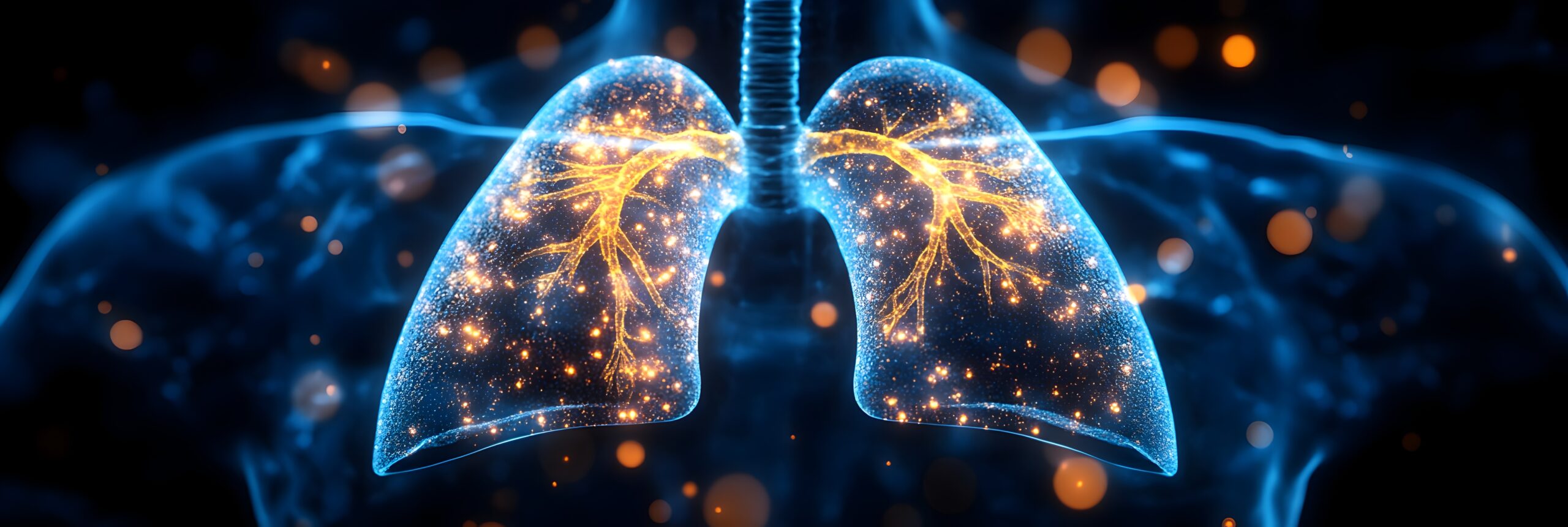The Importance of Education Access: Bridging the Gap
Education is often hailed as the great equalizer – a tool that can empower individuals, break the cycle of poverty, and bridge the gap between the haves and have-nots. However, for millions of people around the world, education remains an unattainable dream. The lack of access to quality education perpetuates inequality and hinders social and economic progress. Bridging this gap and ensuring educational opportunities for all is crucial for the betterment of society.
Access to education is a fundamental right that should be available to every individual, regardless of their socio-economic background, gender, ethnicity, or location. Unfortunately, many people are denied this right due to various barriers. Poverty, discrimination, lack of infrastructure, and cultural norms are just a few of the obstacles that prevent individuals from accessing education.
One of the most significant barriers to education access is poverty. According to UNESCO, around 258 million children and youth were out of school in 2018, and a majority of them come from low-income families. Poverty forces children to engage in child labor, limiting their ability to attend school. Additionally, families living in poverty often cannot afford the expenses associated with education, such as tuition fees, textbooks, uniforms, and transportation. This perpetuates the cycle of poverty, as without education, individuals are unable to secure well-paying jobs and improve their economic conditions.
Discrimination is another major impediment to education access. Marginalized groups, such as girls, refugees, and individuals with disabilities, often face discrimination and exclusion from educational opportunities. Gender inequality, for instance, continues to be a significant barrier for girls’ education in many parts of the world. Cultural norms and societal expectations often prioritize boys’ education over girls’, limiting girls’ access to schooling and perpetuating gender inequality.
Lack of infrastructure and resources also hinder education access. Many communities, especially in remote and underprivileged areas, lack schools, classrooms, and basic amenities like electricity and clean water. This creates a hostile learning environment and discourages students from pursuing an education. Moreover, the absence of trained teachers and quality educational materials further diminishes the quality of education available to students.
Bridging the gap in education access is essential for several reasons. Firstly, education is a catalyst for economic development. A well-educated population is more likely to secure better employment opportunities, increase productivity, and contribute to economic growth. Studies have shown that each additional year of education can increase a person’s income by up to 10%. By providing education access to all, we create a more prosperous society.
Secondly, education is crucial for social mobility. It empowers individuals to break free from the vicious cycle of poverty, helping them lead healthier and more fulfilling lives. Education provides individuals with the knowledge and skills necessary to make informed decisions, improve their well-being, and actively participate in society. It promotes critical thinking, tolerance, and empathy, fostering social cohesion and reducing social inequalities.
Lastly, education is a fundamental human right. Every individual deserves the opportunity to develop their full potential, regardless of their background or circumstances. Providing education access not only upholds this right but also enables individuals to exercise their other rights, such as the right to decent work, healthcare, and political participation.
To bridge the gap in education access, governments, NGOs, and individuals must work together. Governments should prioritize education in their policies, allocate sufficient funds to improve infrastructure, and implement laws that ensure equal access to education for all. NGOs and charitable organizations play a crucial role in providing scholarships, building schools, and offering support to marginalized communities. Individuals can contribute by volunteering their time, resources, or expertise to educational initiatives and advocating for policy changes.
In conclusion, education access is vital for individual development, economic progress, and social cohesion. It is our collective responsibility to bridge the gap and ensure that every individual, regardless of their background, has the opportunity to receive a quality education. Only by doing so can we create a more equitable and prosperous society for all.





